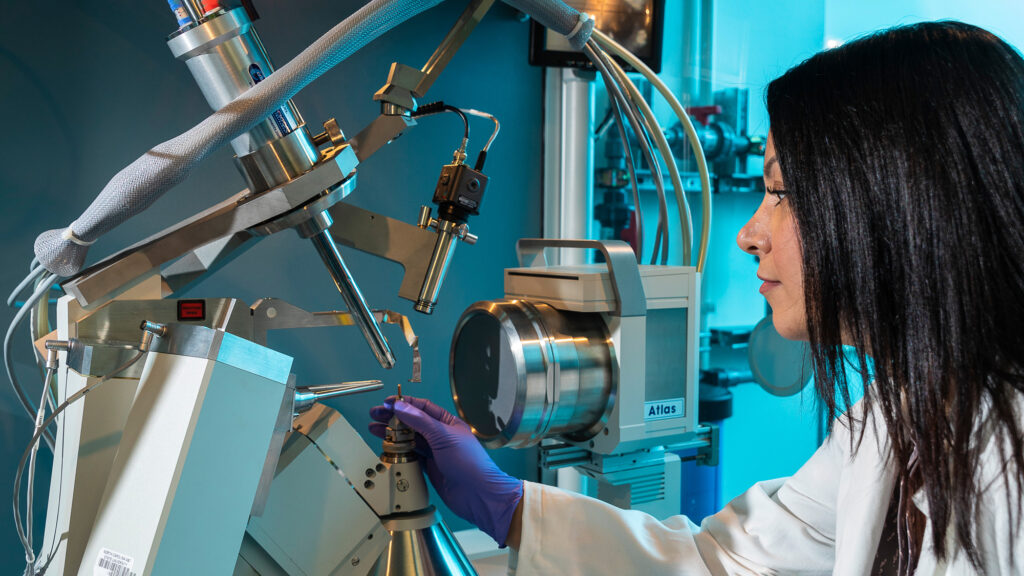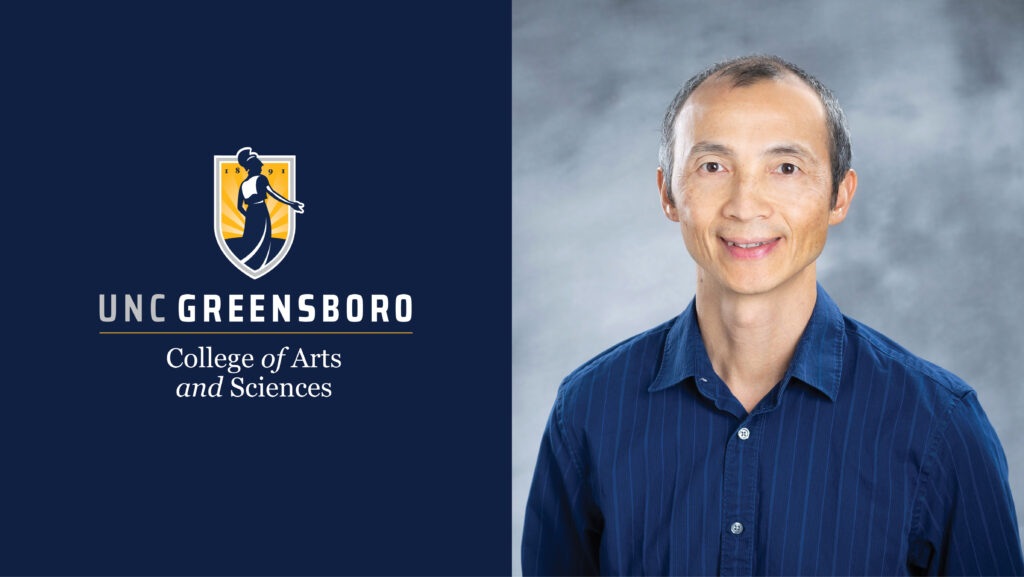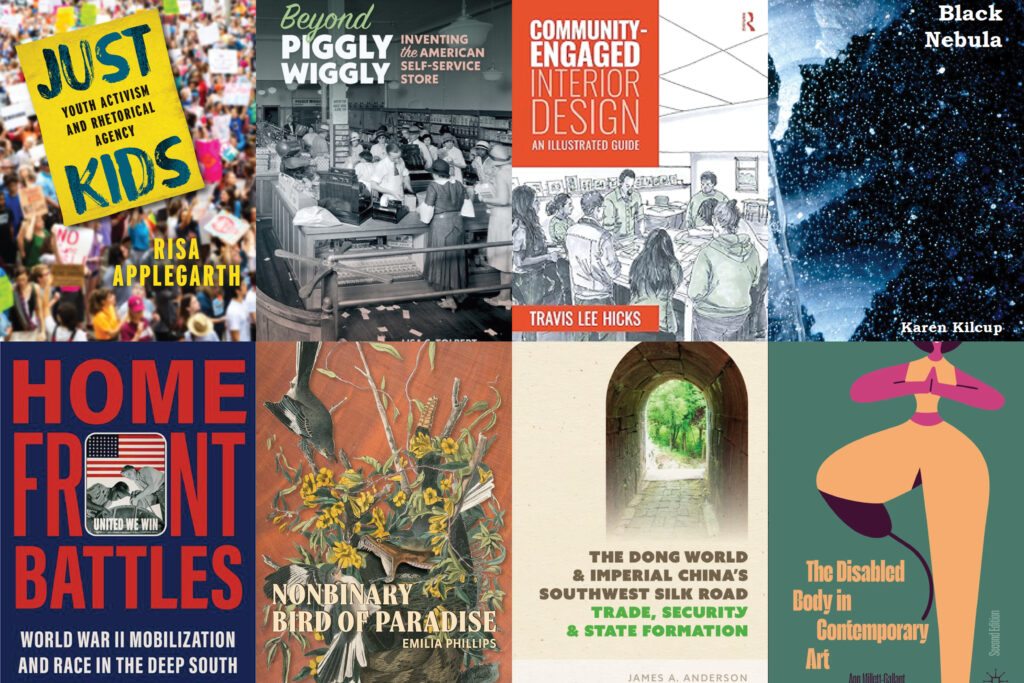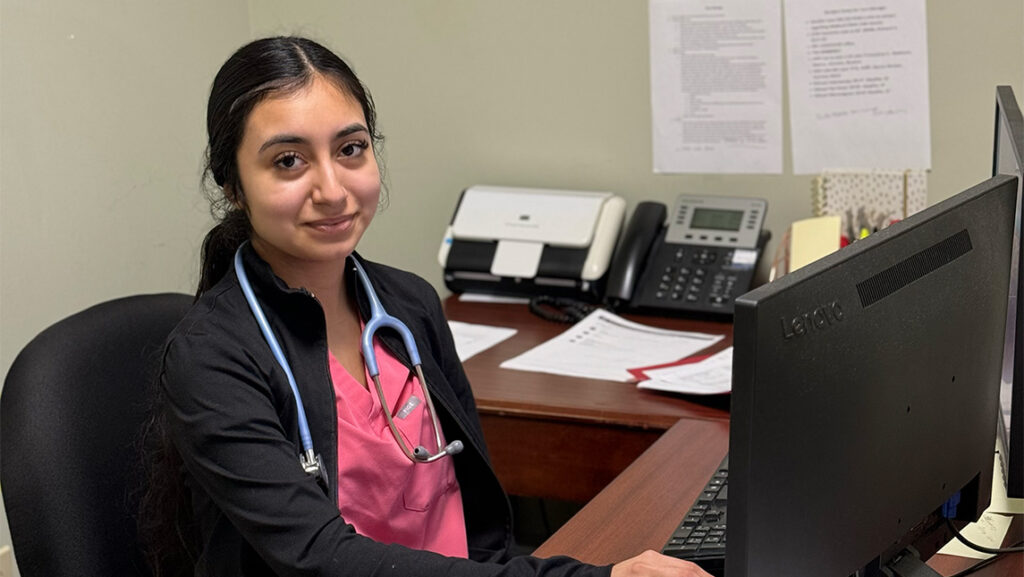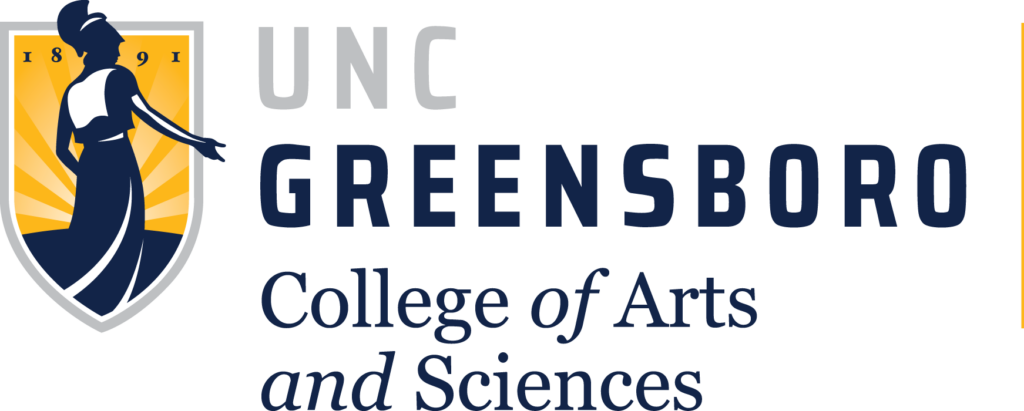Dr. Malcolm Schug (Biology) received new funding from the National Science Foundation for the project “Preparing College Students who Enter from High School or Transfer from Community Colleges for STEM Careers and Graduate School”
The overall goal of STAMPS 3.0 (Science, Technology and Math Preparation Scholarships) is to develop a program that prepares both First Time in College students (FTIC) and community college (CC) transfer students for careers in STEM or graduate school and provides a model that can be sustained and replicated at other universities. Drawing on the strengths and lessons learned of the STAMPS program, the researchers propose the following program objectives: identify and provide financial assistance to academically talented and financially needy entering FTIC and CC transfer students to enable them to complete degrees in STEM disciplines; create a self-sustaining supportive environment that becomes a model for similar institutions; study the impact of programmatic activities and support provided to determine if these program elements differ by group; and share what we learn.
The researchers’ program will support two cohorts each with 10 FTIC and 10 CC transfer students. The first FTIC cohort (2021-22) will be eligible for up to eight semesters of scholarships and the CC transfer students cohort 6 semesters. For the 2022-23 cohort the number of semesters of support will decline correspondingly. At least 40 students will be supported. The researchers will work with Admissions and financial aid to identity admitted students who meet both academic and financial need requirements. Eligible students will be invited to apply.
Students will participate in a one-credit course for each of their first three semesters on Campus to establish a cohort that helps bridge the transition from high school or CC. STAMPS students will be assigned a faculty and peer mentor; be exposed to student success services, visit research labs, attend science seminars, and encouraged to participate in undergraduate research. After the course, STAMPS will provide opportunities for students to continue to participate in their cohort.
Qualitative and quantitative research data will be collected concurrently to extend the scope and range of inquiry, to learn about different phenomena within the same study, and to capture the richness and diversity of the programmatic experiences. Data sources will include observations, participant and SSTEM comparison group surveys, focus groups and interviews with select participants, and mini-case studies including a photovoice component.
The evaluation uses a mixed methods approach for both the formative and summative evaluations to identify themes and patterns. Questions to be considered are: Do themes emerge around specific items in the data? How do these patterns (or lack thereof) help to shed light on the broader study question(s)? Are there any deviations from these patterns and how can they be explained? Do any of the patterns/emergent themes suggest additional data needs to be collected or study questions revised?
